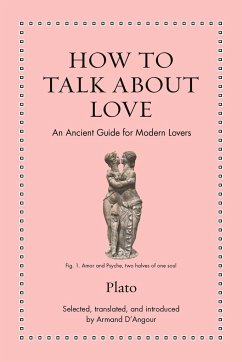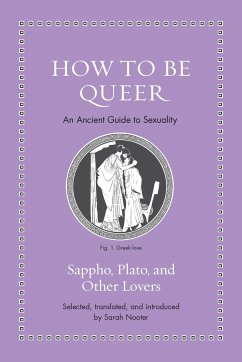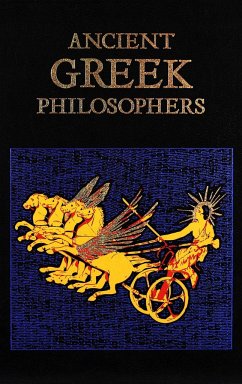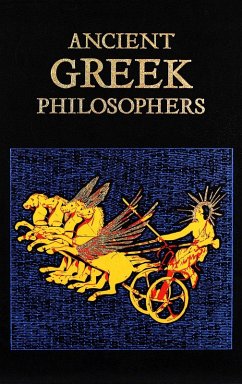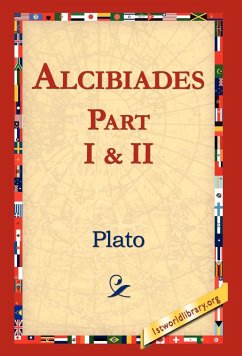
Alcibiades I & II
Versandkostenfrei!
Versandfertig in über 4 Wochen
25,99 €
inkl. MwSt.
Weitere Ausgaben:

PAYBACK Punkte
13 °P sammeln!
The First Alcibiades is a conversation between Socrates and Alcibiades. Socrates is represented in the character which he attributes to himself in the Apology of a know-nothing who detects the conceit of knowledge in others. The two have met already in the Protagoras and in the Symposium; in the latter dialogue, as in this, the relation between them is that of a lover and his beloved. But the narrative of their loves is told differently in different places; for in the Symposium Alcibiades is depicted as the impassioned but rejected lover; here, as coldly receiving the advances of Socrates, who...
The First Alcibiades is a conversation between Socrates and Alcibiades. Socrates is represented in the character which he attributes to himself in the Apology of a know-nothing who detects the conceit of knowledge in others. The two have met already in the Protagoras and in the Symposium; in the latter dialogue, as in this, the relation between them is that of a lover and his beloved. But the narrative of their loves is told differently in different places; for in the Symposium Alcibiades is depicted as the impassioned but rejected lover; here, as coldly receiving the advances of Socrates, who, for the best of purposes, lies in wait for the aspiring and ambitious youth. Alcibiades, who is described as a very young man, is about to enter on public life, having an inordinate opinion of himself, and an extravagant ambition. Socrates, 'who knows what is in man,' astonishes him by a revelation of his designs



